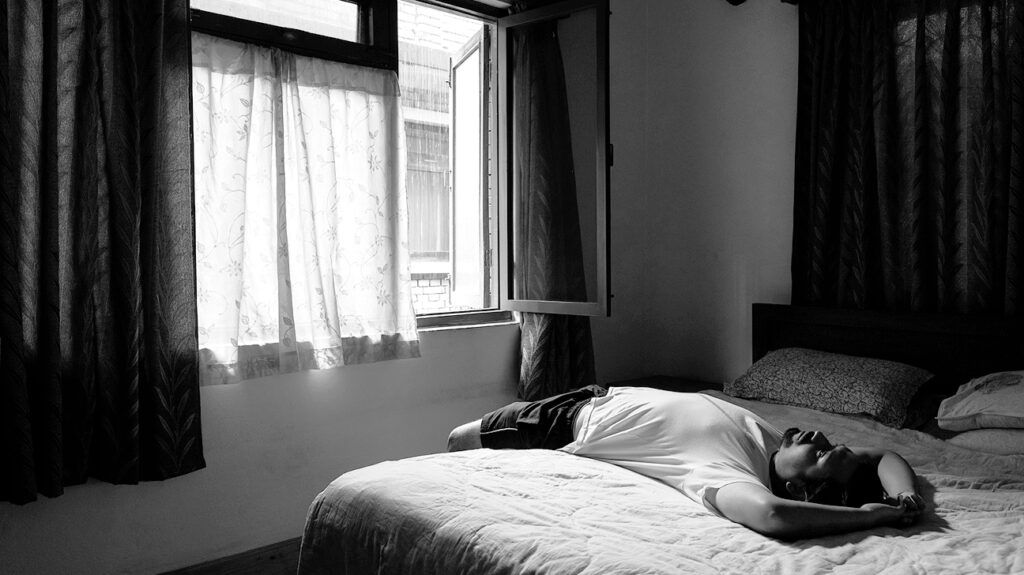Testicular cancer, and some types of treatment for the cancer, can affect a person’s ability to have children. Some people may not be able to produce sperm or experience a decrease in sexual ability and fertility.
Testicular cancer occurs in the testicles, or testes, which store sperm and produce the hormone testosterone.
The cancer and its treatment can reduce a person’s ability to have children. However, there are ways in which some people with testicular cancer may be able to preserve their fertility.
This article looks at fertility after treatment for testicular cancer, the recovery time for sperm after treatment, storing sperm, the effects of testicular cancer on sexual activity, and more.

Testicular cancer is
Treatment for testicular cancer
- Radiation therapy: Radiation therapy may
reduce a person’s sperm count and lower testosterone levels when medical professionals use it to treat testicular cancer. The treatment can destroy sperm cells and stem cells that produce sperm. - Chemotherapy: Chemotherapy drugs, especially the
most common chemotherapy agents, known as alkylating agents, can damage sperm and the cells that create sperm. - Lymph node removal: A surgery known as lymph node dissection, or lymphadenectomy, allows doctors to remove the lymph nodes and check them for signs of cancer. The surgery
can affect nearby nerves and structures involved in releasing and ejaculating semen. It may lead to retrograde ejaculation, in which the semen flows backward toward the bladder, or anejaculation, in which a person cannot ejaculate. - Testicle removal: If surgeons remove one testicle, there is typically no effect on the person’s sexual ability. However, if surgeons remove both testicles, a person can no longer produce sperm and will become infertile. They will also no longer produce testosterone. This can reduce a person’s ability to have an erection and may decrease their sex drive, or libido.
Testicular cancer can affect a person’s sexual activity in various ways. These may be direct, physical effects of the cancer or the treatments, or mental and emotional difficulties.
Testicular cancer
- ability to have an erection
- ability to ejaculate
- level of sexual desire
- confidence and self-esteem
- level of anxiety about sex
It is best to discuss concerns about sexual and reproductive health with a doctor before beginning treatment. A person may want to discuss storing sperm at a sperm bank before treatment starts.
Maintaining open communication with a partner or partners can also help a person improve intimacy and reduce anxiety around sexual activity.
A person should discuss with their doctor how long they should wait after treatment to try and have children.
According to research, many concerns about infertility as a result of testicular cancer treatments resolve after around
Doctors may advise people who have undergone testicular cancer treatment to use birth control during treatment and for some time afterward.
Is there a risk for congenital abnormalities?
The risk for congenital abnormalities (present from birth) with testicular cancer is low.
Research from
However, they found no increased risk of congenital abnormalities in children of people who received radio- or chemotherapy for TGCC.
This implies that the congenital abnormalities are unlikely to be due to the effects of radio- or chemotherapy.
Anyone worried about congenital abnormalities and conceiving a child can speak with a doctor about the specific risks involved.
Storing, or banking, sperm may help preserve a person’s fertility. Before the start of treatment, which may damage a person’s sperm or their sexual ability, some individuals
The storage facility freezes the sperm samples until a person is ready to use them for in vitro fertilization (IVF).
Storing sperm provides the option for people to attempt to have biological children in the future, even if their treatment has resulted in infertility.
Most people with testicular cancer develop it in one testicle, and the remaining testicle is
If cancer occurs in both testicles, a person may require testosterone treatment. This can involve a monthly testosterone injection, or testosterone nasal sprays, gels, patches, and oral pills.
This treatment will not improve fertility if surgeons have removed both testicles but can help improve overall health.
The most effective means of preserving fertility is to store sperm samples with a sperm storage facility before treatment.
Below are the answers to some frequently asked questions about testicular cancer.
Is testicular cancer hereditary?
However, having a close family member with testicular cancer can increase a person’s risk of the disease.
Can testicular cancer be cured forever?
Yes, testicular cancer is
Testicular cancer, and the treatments for the cancer, can affect a person’s fertility. Treatments such as radiation therapy and chemotherapy can damage sperm and the cells that form sperm.
A doctor may advise a person to wait for some time after their radiation or chemotherapy treatments before attempting to conceive a child with their partner.
Storing sperm in a sperm bank before treatment may be an effective way to preserve a person’s fertility. Individuals should discuss their sexual and reproductive health with their cancer care team at the time of their diagnosis.
